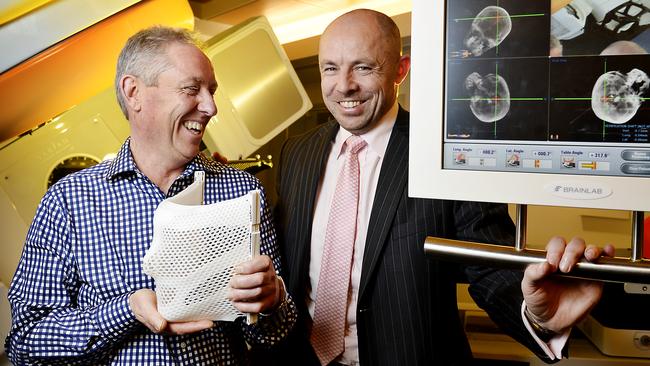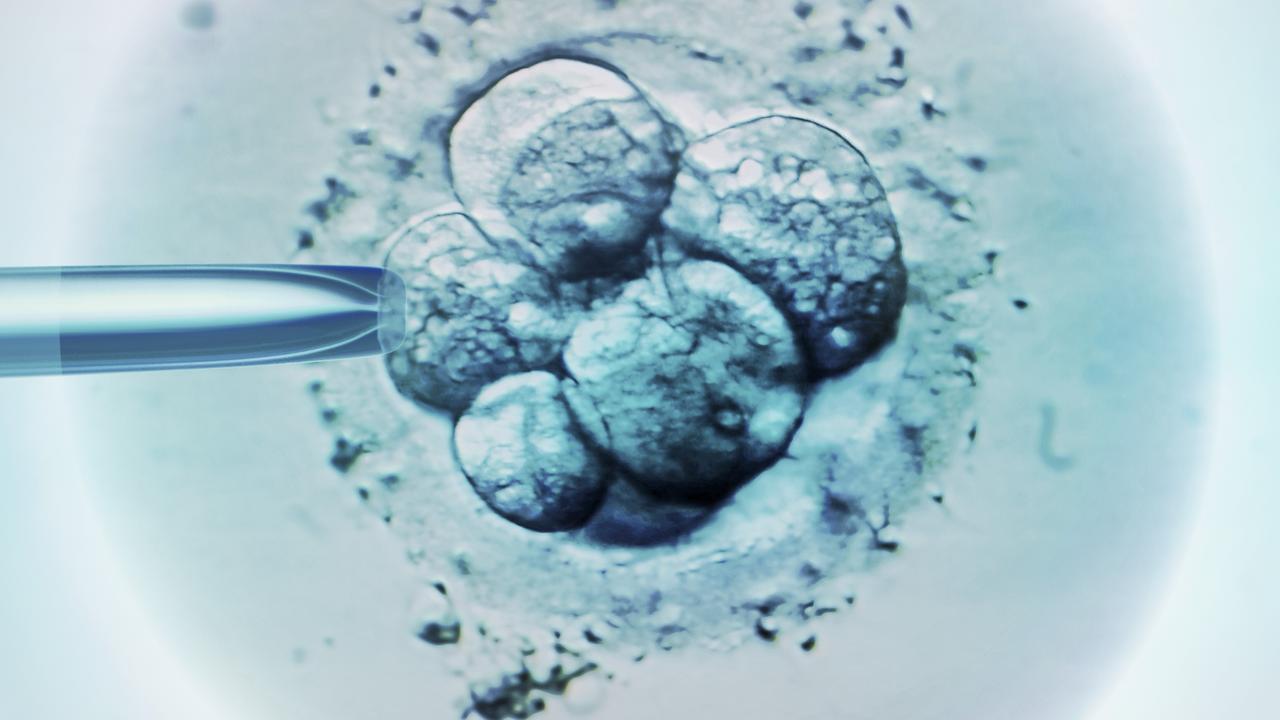‘Debilitating’ side effects postponed by groundbreaking radiation prostate cancer therapy
Ian Rose feels like he’s the ‘last man standing’ among a friend group savaged by prostate cancer, having participated in a game-changing medical trial.

A new prostate cancer treatment aimed at providing acute care with minimised side effects is being touted as a means to delay chemotherapy and hormone therapies by up to five years, stalling the progression of the cancer.
Stereotactic radiation therapy uses high doses of radiation to hit discreet tumours with pinpoint accuracy, leaving the surrounding organs unharmed.
This method maintains a higher quality of life during treatment compared to traditional therapies, with the most recent trial from the Icon Cancer Foundation indicating it delayed disease progression by an average of two years, and up to five years in a quarter of patients.
Ian Rose was diagnosed with prostate cancer in 2009, later joining the ICF’s study, known as the TRANSFORM trial.
After having his prostate removed in March 2013, Mr Rose saw his cancer progress to his rib, hip and spine, leaving him concerned at further progression
“I feel to some extent in my own circle I’m the last man standing on the hill – quite a number of my friends have died from prostate cancer and it’s not a very pleasant way to go,” Mr Rose, 78, said.


“They all had a combination, generally speaking, of radiotherapy chemotherapy and hormone therapy.
“Certainly, I feel fortunate. But I suppose you’re always planning your next move because there will come a day when they will not be able to continue to treat me.”
Despite his cancer battle, he still serves as his wife’s primary carer, living in The Patch in Victoria’s Dandenong Ranges.
Where the radiation treatment directly attacks cells, hormone therapy relies on reducing androgen levels and effectively starving the tumour, which can carry severe side effects.
The TRANSFORM study took in 208 participants and was led by researcher Patrick Bowden.
“You’ve got a treatment that’s both highly effective with minimal cost in terms of side effects … this is a start of a trend not just for prostate cancer but for most other cancers overall,” Dr Bowden said. “This is in comparison to the standard of care, where all men would usually be recommended for immediate hormone therapy.”
Prostate Cancer Foundation of Australia chief executive Anne Savage said she hoped the study’s results would lead to randomised trials that could compare the therapy to other treatment strategies.
“These are really important findings that may help to enhance the standard of care for men with the most aggressive forms of prostate cancer, significantly reducing the side effects of early treatment for advanced disease,” Ms Savage said. “Around 35 to 40 per cent of men experience long-term decrements in quality of life associated with androgen deprivation therapy.”




To join the conversation, please log in. Don't have an account? Register
Join the conversation, you are commenting as Logout